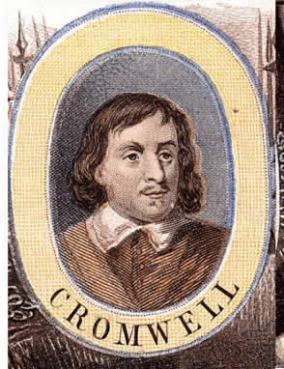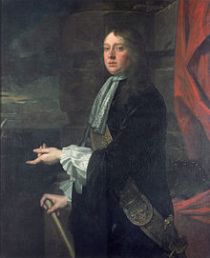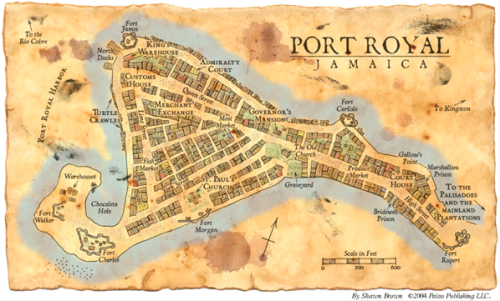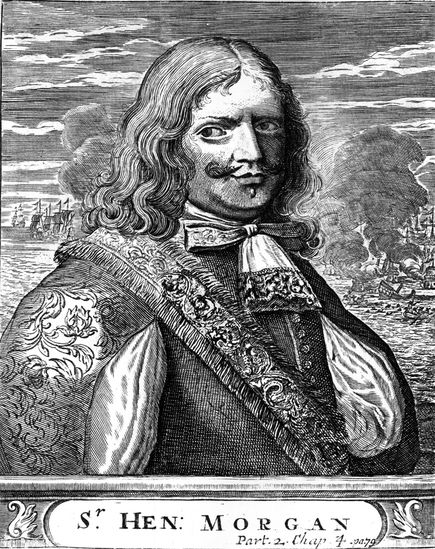The Makings of a Buccaneer
With the premiere of the new Starz television series, “Black Sails,” I’ve been very intrigued in reading reviews of this series that aims to present a true and honest depiction of piracy in its Golden Age. My annoyance at slight historical inaccuracies aside, I find the series gives a realistic depiction of the grit and absolute toughness pirates of the early 18th century sought to exude. This toughness stems from the legacy of hundreds of men who predated the Golden Age of piracy, Henry Morgan included at the forefront. After a great meeting with Dr. Donoghue last week, I feel as though I might be getting the hang of this research endeavor. The primary sources I looked into last week gave me an insight into the life of Henry Morgan late in his career. Yet, it also got me thinking more about the complex socio-economic circumstances and political scheme that surrounded Morgan in the mid-to-late 17th century. Dr. Donoghue and I discussed how in Morgan’s time, the ruthless attitude and demeanor of a pirate almost certainly prepared a man like Henry Morgan for a political career in the West Indies. Pirates and politicians were cunning, ruthless, and always searching for another way to gain power, wealth, and influence.
With this idea in mind, I began this week by reading half of Dudley Pope’s work, Harry Morgan’s Way: the Biography of Sir Henry Morgan, 1635-1684. This book is an absolutely fascinating read, not only because of Pope’s writing style, but because of his method of weaving in details of the entire early modern world as relating to Henry Morgan. Inspired by this method, I spent a great deal of my research time this week looking into other sources that may not directly mention Morgan, but give a detailed look into the world that he lived and raided in. Morgan was raised during the English Civil War, meaning his most formative years were spent in a time of military and political turmoil. Like many other English families of the mid-17th century, Morgan’s uncles fought on opposing sides of the war (Royalists vs. Parliamentarians or Cavaliers vs. Roundheads). Pope does little digging into the very unsure origins of Morgan, instead beginning his study in the mid-1650’s when Henry served under the joint command of General Robert Venables and Sir William Penn to attack Spanish holdings in the West Indies and carry out Oliver Cromwell’s plan of the Western Design. It was through their mistakes in this ill-fated raid, although perhaps the seizure of Jamaica shouldn’t be considered a complete failure, that Morgan would learn what to avoid when he became a captain. Later in his career, Morgan was able to achieve more on his attacks on Portobelo and Panama with his cosmopolitan crews of men than Cromwell’s army did in executing the Western Design.
I also spent time this week looking into The Letters and Speeches of Oliver Cromwell with Elucidations edited by Thomas Carlyle. The most interesting speech I have read as yet comes from September 17th, 1656, in which Cromwellian religious and political propaganda is strikingly clear in his attack on Spain as the Catholic Antichrist, and therefore immortal enemy of the English. With all this propaganda surrounding Henry Morgan in his early twenties, I wonder how these ideas influenced him as a soldier and later as a privateer.
 The English Protectorate Oliver Cromwell, the mind behind the Western Design.
The English Protectorate Oliver Cromwell, the mind behind the Western Design.



